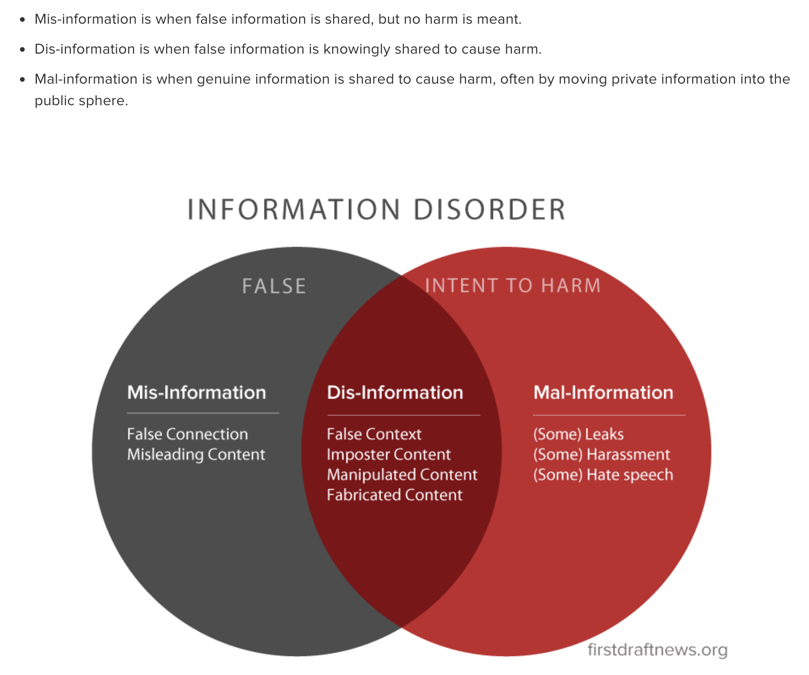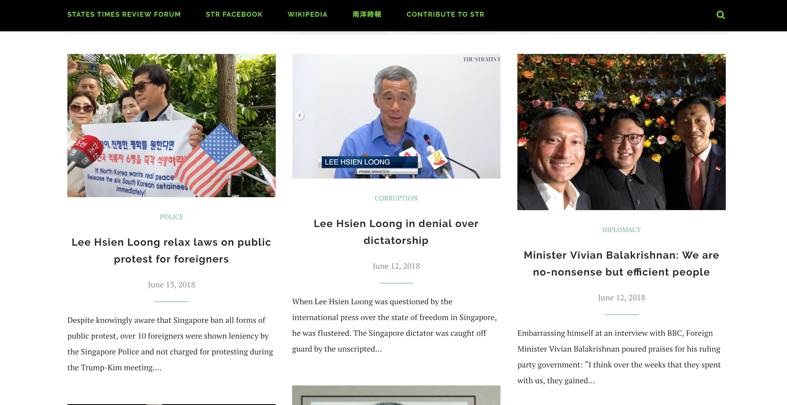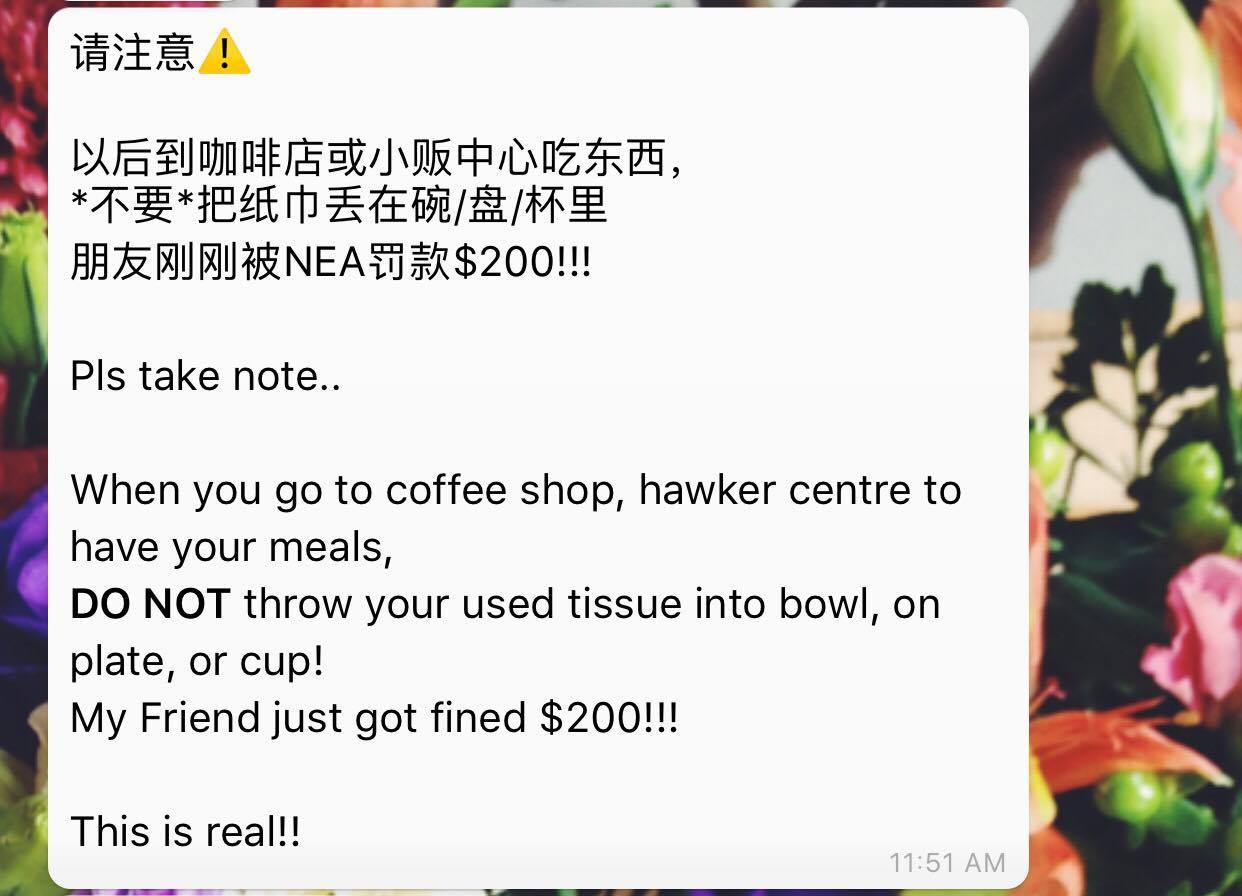The biggest question on the internet these days (other than “Are Trump and Kim now best friends?”) is:
Is this fake news?
Yes. This must have crossed your mind more than a few times, especially after you saw stuff like this:
And this:
All of which are, of course, not real.


We found the exact same photo (note woman in foreground) online with a goat painting instead of Trump-Kim; we also went down to verify that the mural is indeed of a cute goat.
So what exactly is fake news? Here’s the definition of it, for your convenience:
“Fake news is any information that is deliberately or accidentally false, often published with the intention of misleading the public, damaging an entity, or gaining financially.”
In simple terms, “fake news is false information,” according to Chairman of the Media Literacy Council, Lock Wai Han. “Good intentions to share news and information can sometimes lead to negative consequences. For example, stories about fake dangers or violence may cause undue panic among the people who receive it.”

Source: First Draft News
Here’s a visual representation of how misinformation spreads:
Fake news in its most common form is misconstrued facts being spread as truth to the masses.Admittedly, some fake news articles can look very convincing, especially when they purport “answers” that many are looking for, such as “THE INGREDIENT THAT WILL CURE CANCER!”
Even media literate folks and digital natives (like us) may sometimes fall prey, which shows how misleading the nature of fake news can be.
But how do we discern fake news from what’s real?
And more importantly, how do we stop our uncles and aunties from sending us shady “EXPOSED: DARK SECRETS OF THE GOVERNMENT” type articles, because they freaked out and thought there was a conspiracy?
Introducing….
 1. Kaypoh the source abit.
1. Kaypoh the source abit.
Don’t believe everything you read just because it’s on the Internet lah. Even if it seems legit.
For articles that seem dubious, dig deeper and ask questions -- especially if the site looks suspiciously bare and and/or has a funny name.

A huge red alert: Vindictive headlines.

Another common channel through which false information is spread -- WhatsApp.

This is like rumour-mongering, but at 10 times the speed. Or more. Source
Instead of forwarding it to 10 other friends after getting over your initial shock, check the accuracy of the information by looking it up on credible news outlets, and not with your neighbour uncle and auntie. Put your kaypoh skills to the test.
2. Go look for confirm plus chop known, reliable sources
It’s a good habit, especially if you’re not sure about an article, to check if several other reliable news outlets are running the same story. Look for the same story with a different angle.
Why is this useful? If several reliable outlets run the same story, it would mean that the information has possibly been through various layers of verification, which increases its validity.
More people check is always better in this case.
3. Check out the About Us or Contact Us pages
A small but useful tip is to see what the sites say about themselves. If it’s a fake site, it’s common that these pages don’t exist, or have little helpful information.
Some sites do declare that their (often appearing quite legit to casual readers) content is satire under the About Us section:

If the page is written with poor grammar and bad spelling, it’s also a sign -- h0w can dis B allow?
4. If you’re not sure, you can always kaypoh more and investigate
Do more research if you have to.
What is the information in the article/ WhatsApp message/ Facebook post based on? Where is that information from? Which sites or people were quoted? Who are the people who posted such information? Are they bad people?
Yes. You get the idea. The more you read and know, the better you are able to come to a fair conclusion. Don’t jump to conclusions too early okay, you scare yourself and other people.
What do I do when I get fake news?
Another relative has sent you news about “FAKE EGG FROM CHINA SERVED IN COFFEESHOP IN ANG MO KIO!”, but you Google-ed and know that Singapore doesn’t import eggs from China and all eggs in Singapore are regularly sampled by AVA.
What should you do with the fake news?
- Don’t forward or share it
- Let the source (person who forwarded you or the site that posted the story) know that the information may be untrue.
- Scold your relative
- Let your relative know how he can avoid fake news too.
It’s unlikely that fake news will disappear anytime soon, but a discerning eye from you can help reduce the likelihood of falsehoods causing public panic and ruining innocent reputations.
At the very least, you wouldn’t be afraid of eating eggs or keropok for fear of them being plastic. Why would anyone want to give up keropok when it’s so yummy?
Find out more about how to identify fake news here.
This sponsored post by Media Literacy Council has us thinking about finally giving our blacklisted uncle on WhatsApp a serious talk.
Dank banner by Abriel Tay.
If you like what you read, follow us on Facebook, Instagram, Twitter and Telegram to get the latest updates.
